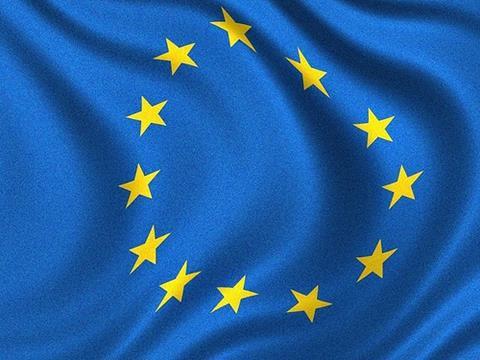Responsibilities include the supervision of 3,600 banks

Today, the European Central Bank (ECB) assumes full responsibility as the Single Supervisor in the Banking Union.
Following a one-year transition period to allow the ECB to prepare itself and to carry out an assessment, the ECB has taken on its responsibilities as the Single Supervisor today. The results of the comprehensive assessment conducted by the ECB and a stress test carried out in co-operation with the European Banking Authority (EBA) were published by the ECB and the EBA on 26 October.
The Banking Union will also include a Single Resolution Mechanism(SRM) consisting of a Single Resolution Board and a Single Resolution Fund, underpinned by a Single Rulebook. The Single Resolution Board will be operational as of 1 January 2015.
Main elements of the SSM
- The SSM applies to all the euro area member states and is open to the participation of all other member states.
- Within the SSM, the ECB is responsible for the supervision of 3,600 banks (directly and indirectly). In particular:
- It will ensure the coherent and consistent application of the Single Rulebook in the euro area.
- it directly supervises banks having assets of more than €30bn or constituting at least 20% of their home country’s GDP or that have requested or received direct public financial assistance from the EFSF (European Financial Stability Facility) or the ESM. On 4 September, the ECB published the final list of 120 banks it will directly supervise.
- it will monitor the supervision by national supervisors of less significant banks. The ECB may at any moment decide to directly supervise one or more of these credit institutions to ensure consistent application of high supervisory standards. The work of national supervisors is integrated into the SSM: for instance, the ECB will send instructions to national supervisors, and national supervisors have a duty to notify the ECB of supervisory decisions of material consequence.
- The governance structure of the ECB consists of a separate Supervisory Board supported by a steering committee, the ECB Governing Council, and a mediation panel to solve disagreements that may arise between national competent authorities and the Governing Council. Clear separation between the ECB’s monetary tasks and supervisory tasks is ensured.
- For cross-border banks active both within and outside member states participating in the SSM, existing home/host supervisor coordination procedures continue to exist as they do today. To the extent that the ECB has taken over direct supervisory tasks, it carries out the functions of the home and host authority for all participating member states.




















No comments yet